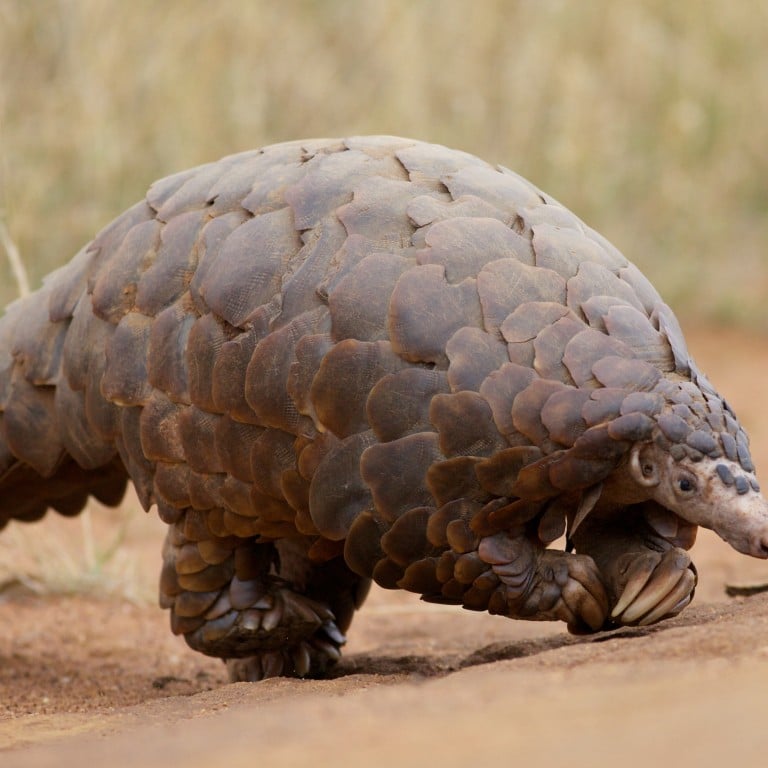
Pangolin scales could be key to self-healing bulletproof vests: scientists
The scale of a pangolin can pop dents by itself, a discovery that may lead to the development of self-healing bulletproof vest, according to Chinese scientists.
The recovery process requires water and takes around three to five minutes, according to experiments conducted as part of an ongoing research project at the Shenyang National Laboratory for Material Science in Liaoning Province.
Lead researcher Liu Zengqian said a bulletproof vest based on pangolin scales could potentially be reused after taking a shot. Kevlar based vests must be discarded after use, as the material loses effectiveness following a bullet strike.
“Just throw [the pangolin-based vest] into a washing machine and it will reemerge like new with all the dents, bends, and twists fully repaired by itself,” Liu said.
Pangolins are ant-eating mammals native to Asia and Africa. Plate-like scales cover their bodies from head to tail that are strong enough to fend off even a lion's claws or teeth. Pangolins are the only mammal known to have developed scales in this fashion, and though they have been utilised by humans for armour coats for centuries, it remained a mystery how they retained their shape and durability over time.
“The secret lies in its molecular structure,” said Liu, whose lab is under the Chinese Academy of Sciences’ Institute of Metal Research.
The researchers found some molecules in the scale bind with one another in a unique way to retain “memory” of the original shape, and the structure of this “memory” was such that it was able to withstand enormous physical shocks from the outside, similar to the black box on an aeroplane.
Water could “waken” the memory and activate the self-healing process with the participation of shape changing molecules.
“This is a remarkable design by nature. As long as the scale remain in one piece, it can return to the original shape completely, however severe the deformation is,” Liu said.
SEE ALSO: Hong Kong celebrity Sharon Kwok's tragic pangolin encounter
The team had found similar self-healing function in peacock tails, which they reported in a series of papers earlier this year.
Most studies on shape-memory and restoration have been targeted at man-made materials such as metallic alloys and polymers. The evolution of this function in nature had remained mostly unexplored.
Liu said their finding came as a surprise. Their initial experiment was to study the extraordinary physical strength of peacock tail and pangolin scales, but when they cleaned the samples in water, they were shocked by the disappearance of dent and bends.
“The design has gone through millions of years of evolution and worked well in the real environment,” he said.
“To get a glimpses into Mother Nature’s thinking has always been a great challenge, but it will certainly shed light on our development of new materials.”

